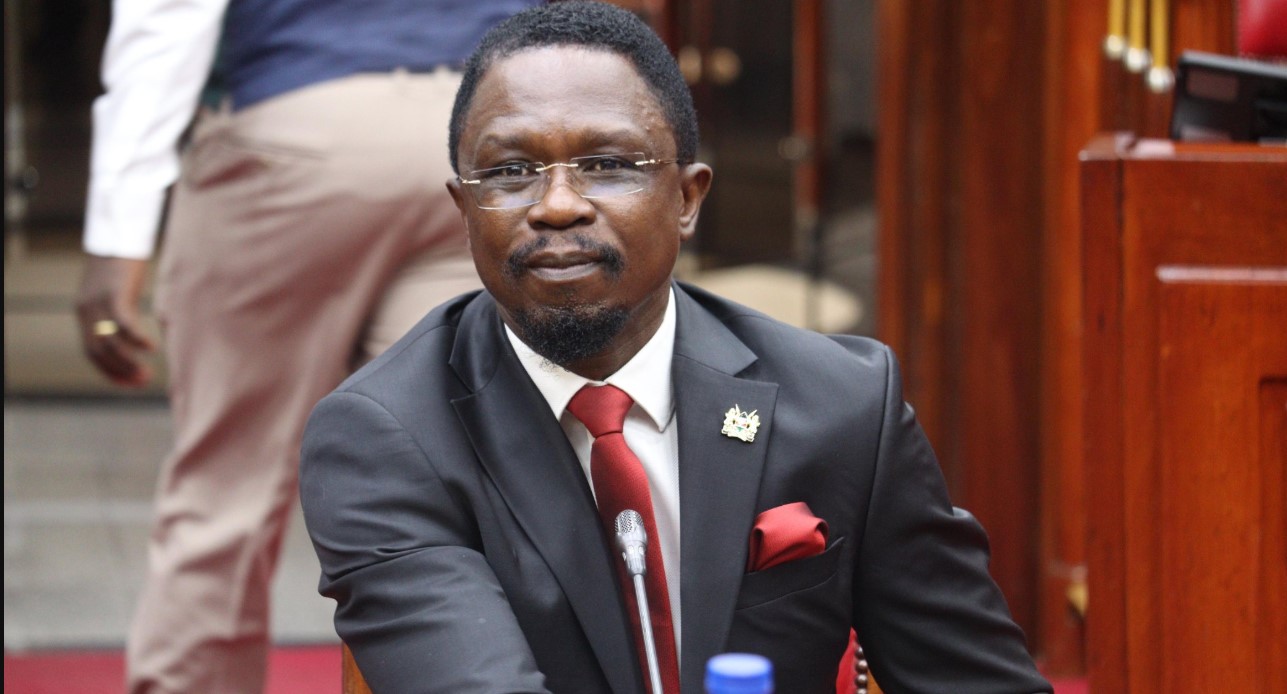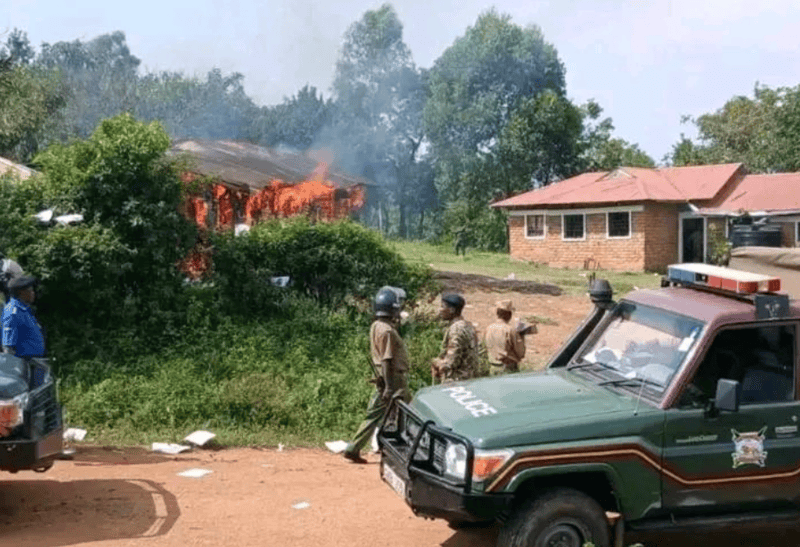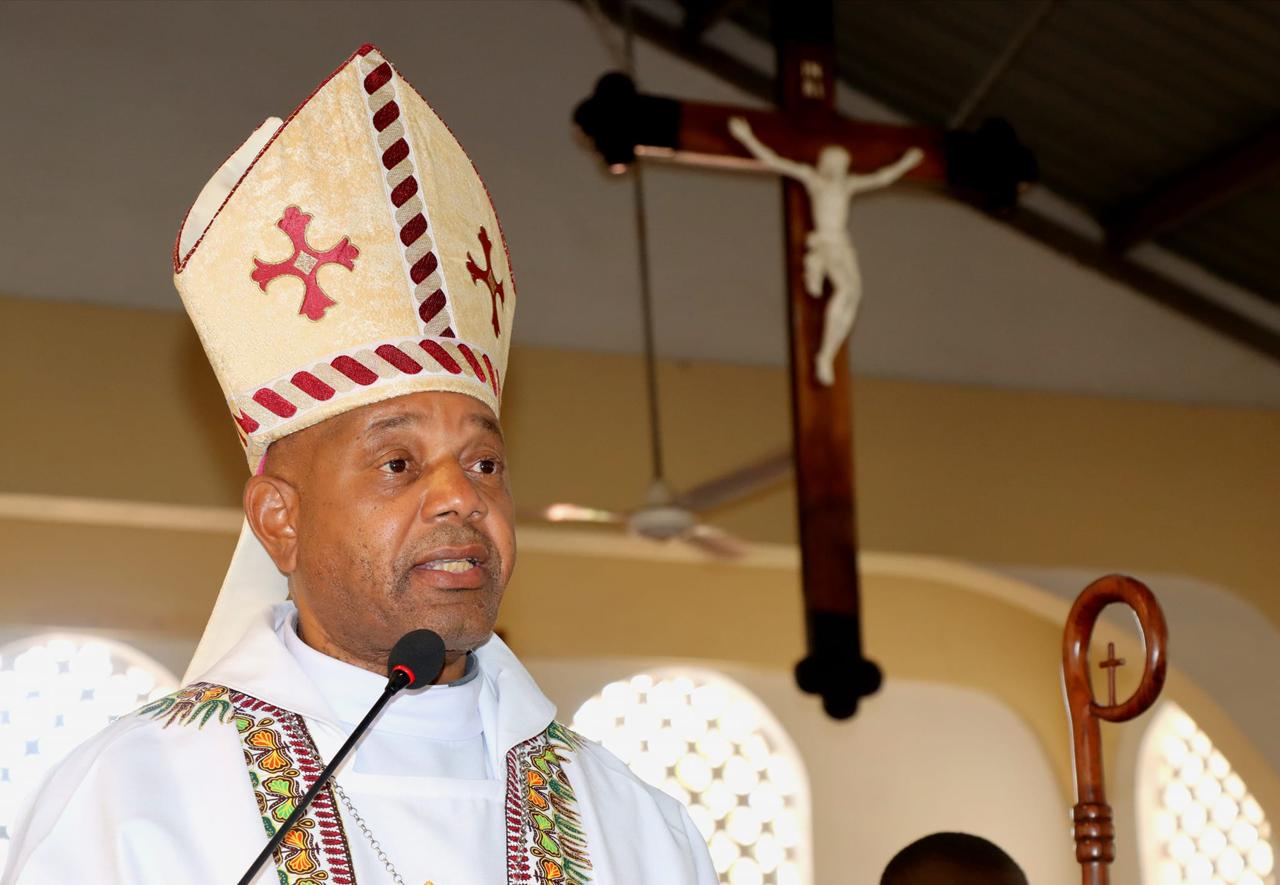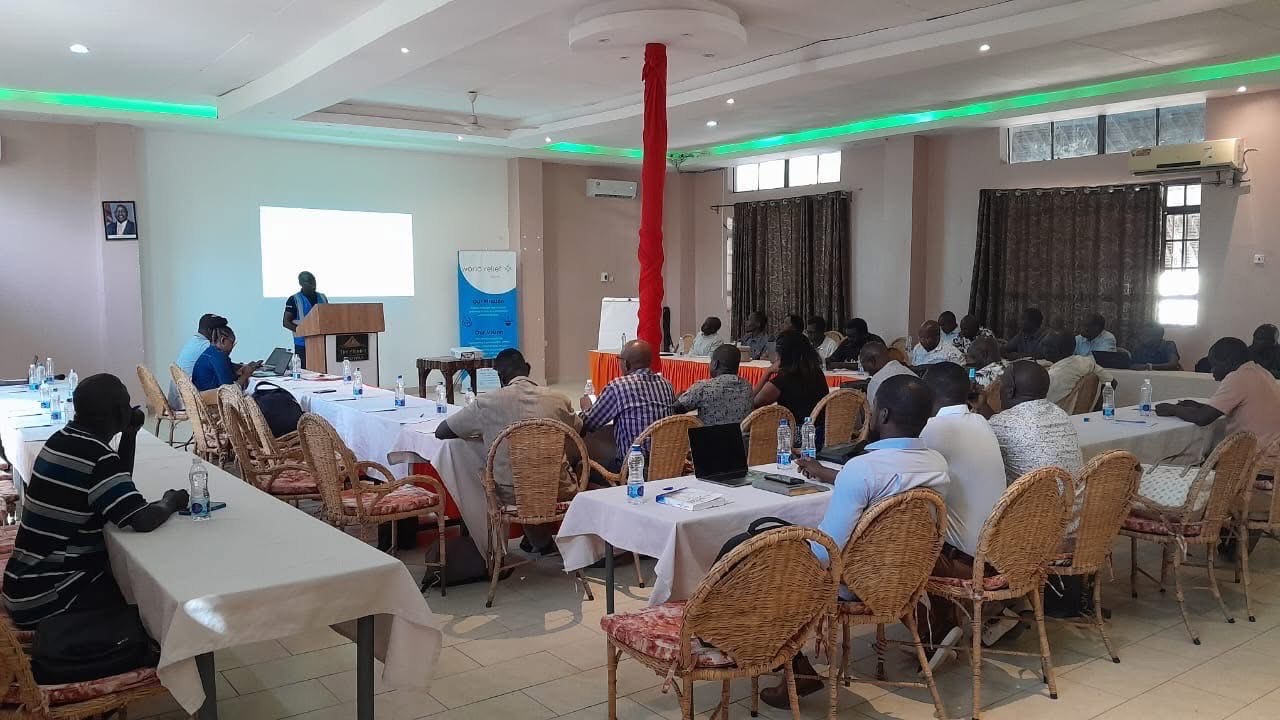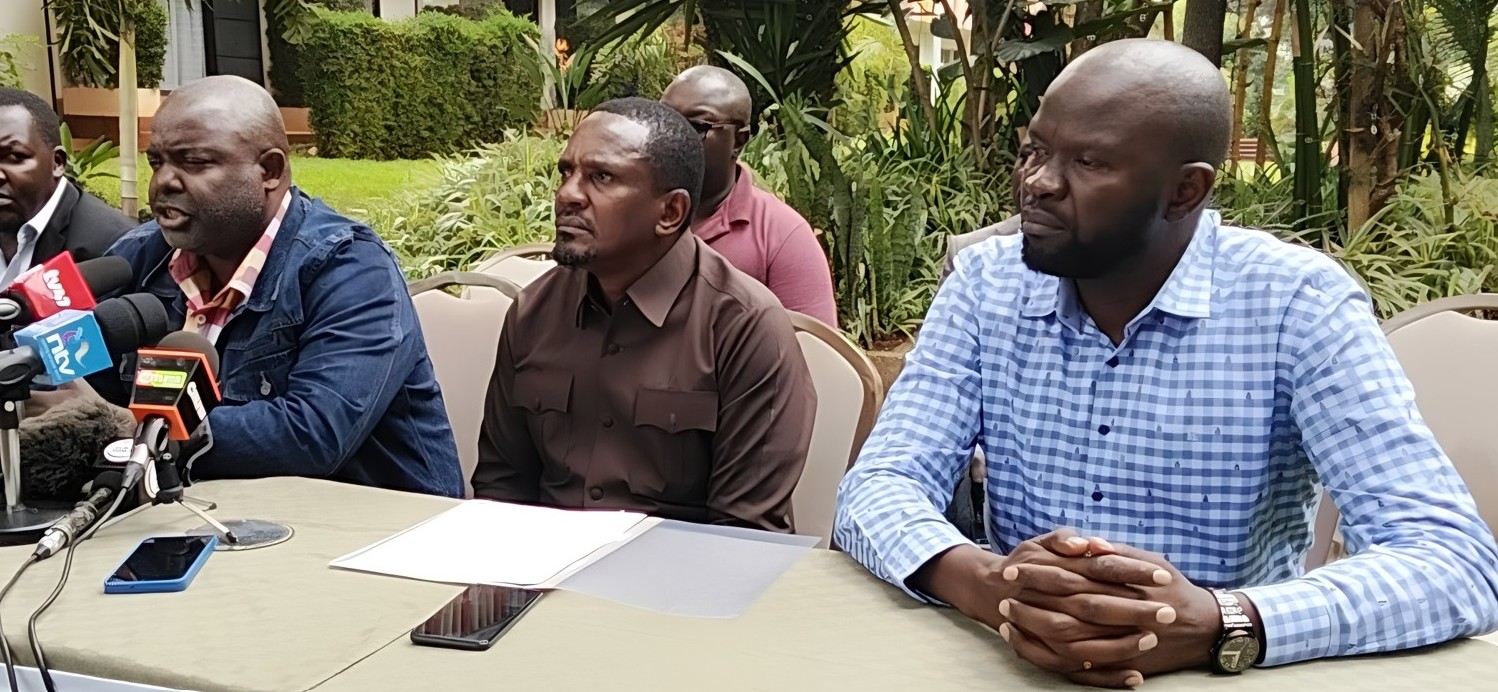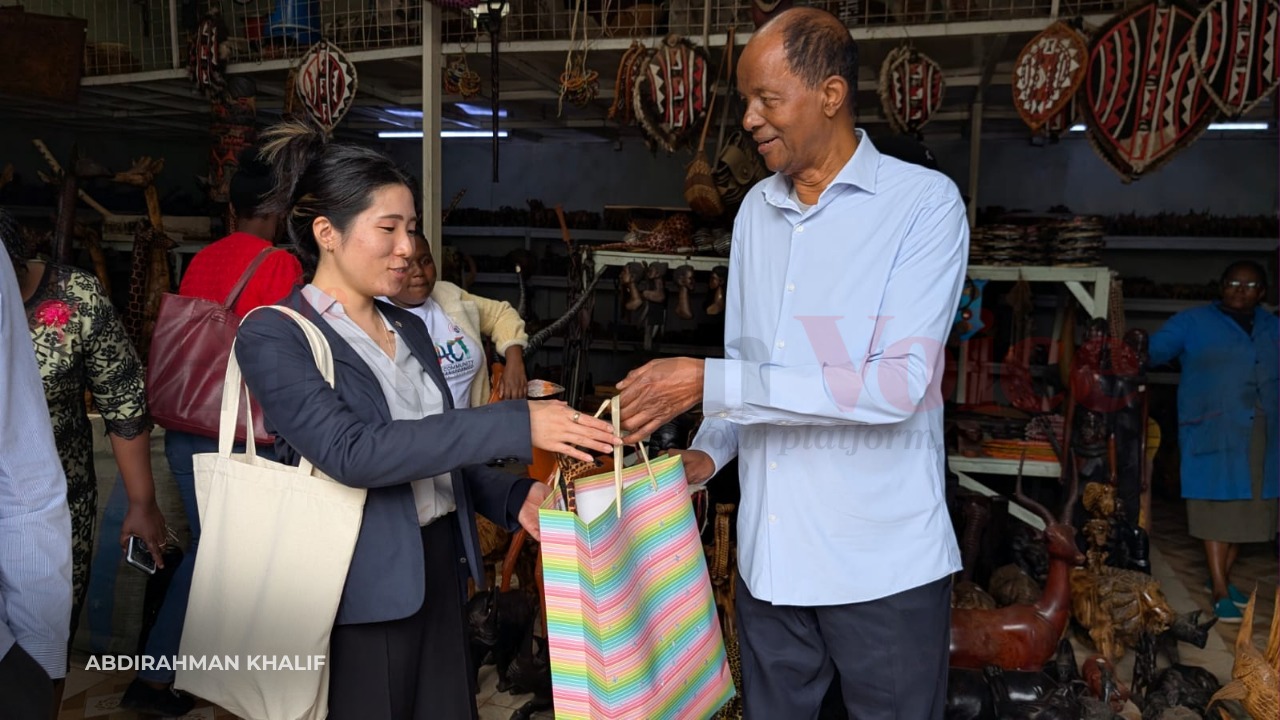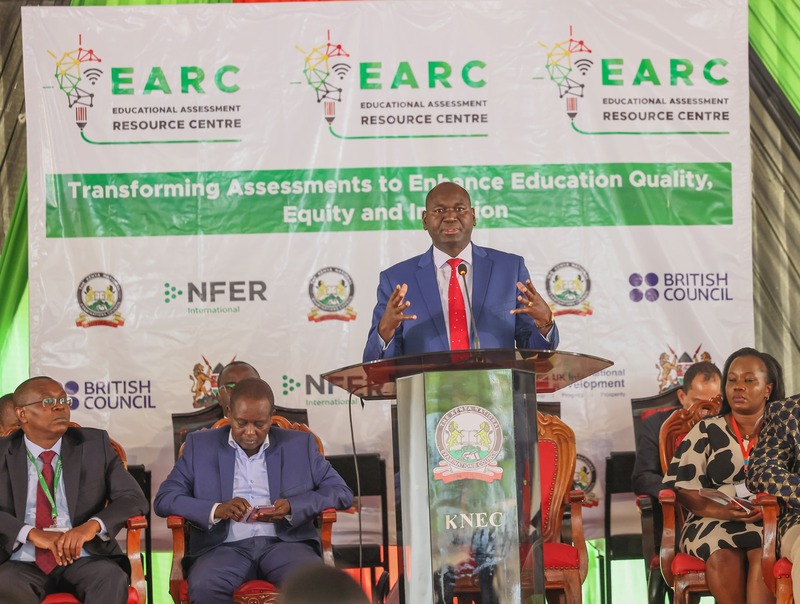Nairobi residents urged to donate more blood amid 30 per cent shortfall

There is a deficit of 30 per cent in blood donation in Nairobi, placing the city in a bad situation should a catastrophe that needs mass blood donation occur.
Residents of Nairobi have been urged to donate blood to fill a significant blood donation gap, with demand far exceeding the available supply.
The Kenya Blood Transfusion and Transplant Services (KNBTS) have sent the appeal following an increased need for blood by patients in hospitals, especially at a time when those injured during protests continue flocking to hospitals following injuries.
More To Read
- Rewriting blood donation story: How Mombasa nurse is saving lives through mobile app
- Kenya marks World Blood Donor Day as state, Red Cross urge donations to save lives
- WHO urges HIV testing for all mpox patients as global cases top 129,000
- South Sudan launches lifesaving vaccines to fight pneumonia, diarrhoea in children
- Kenya to increase WHO contributions by 20pc as part of global health funding push
- Inside the ICU: Nurse's daily fight to save lives amid grief, shortages, silent strength
KNBTS Regional Manager for Nairobi and Eastern Region, Festus Koech, and Deputy Head Nick Kiptanui told the Eastleigh Voice that they have begun rallying residents of the city and all Kenyans to donate blood.
"The target we need in this country, as per the World Health Organisation (WHO), is at least two per cent of the population of individual countries. Globally, for blood services to be successful, it requires a cooperative effort," said Kiptanui.
The two were speaking at a two-day event organised at the Kenyatta International Convention Centre (KICC) by KNBTS and the Kenya Cooperatives Alliance for the Ushirika Blood Donation Drive 2025.
According to Kiptanui, Kenya's voluntary blood donation rate is below the WHO's recommended threshold, resulting in an estimated annual deficit of up to 200,000 units. He explained that this shortage impacts hospitals and patients, especially in emergencies and for those with chronic conditions.
"There is indeed a great need for Kenyans to embrace blood donation, especially around this time when casualty cases are flooding hospitals as a result of the demonstrations," said Kiptanui.
The officials revealed that there is currently a deficit of 30 per cent in blood donation in Nairobi, placing the city in a bad situation should a catastrophe that needs mass blood donation occur.
Koech revealed that there is a low voluntary donation rate, not only in Nairobi but nationally. The country's voluntary blood donation rate is around 4-6 donations per 1,000 people, significantly lower than the WHO's recommended 15.
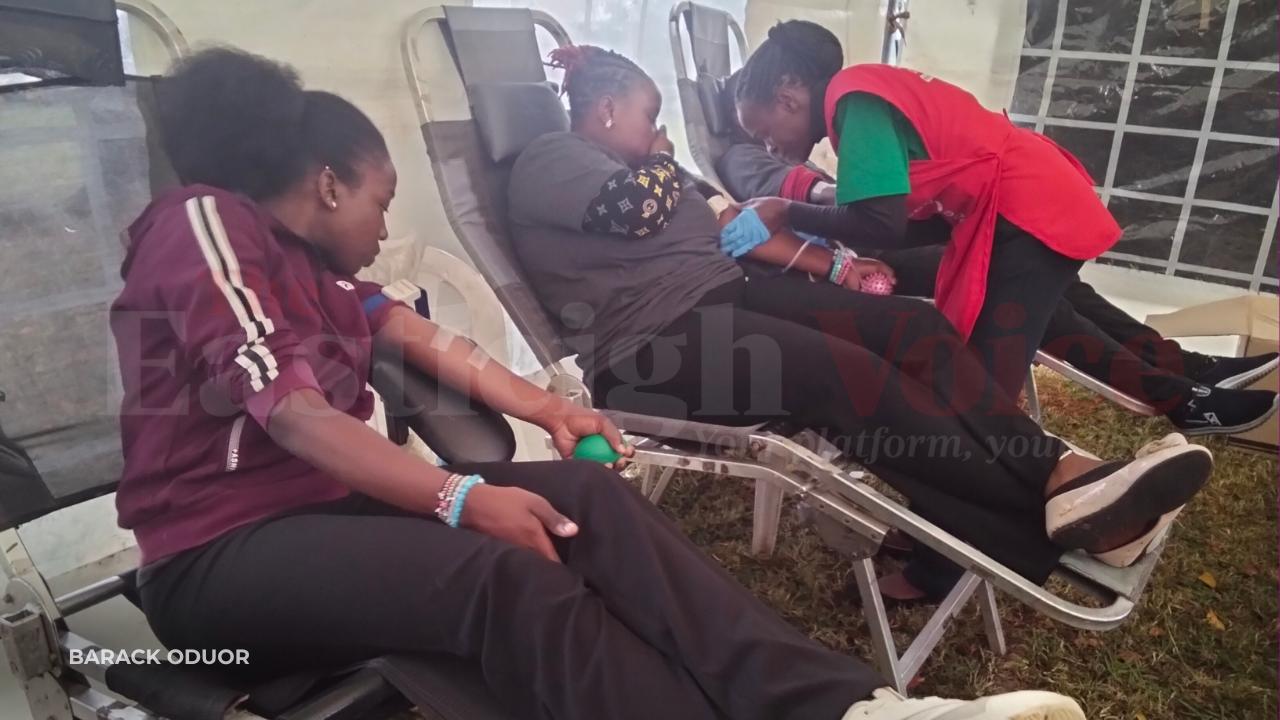 A donor is taken through the process of donating blood in Nairobi by a volunteer. (Photo: Barack Oduor)
A donor is taken through the process of donating blood in Nairobi by a volunteer. (Photo: Barack Oduor)
"This low rate means a large reliance on replacement donations (donations from friends and family of patients), which can compromise safety standards and increase the risk of transfusion-related infections," said Koech.
KNBTS has faced funding gaps, especially after the end of PEPFAR support, impacting its ability to collect, test, and distribute blood. There have been shortages of essential supplies like blood bags and testing kits, as well as staffing issues, further exacerbating the situation.
There is also the challenge of limited infrastructure, such as cold storage facilities, that affects the quality and availability of blood products.
Hospitals in Nairobi, like elsewhere across the country, struggle to meet the demand for blood, especially in emergencies, for surgeries, and for patients with chronic conditions like sickle cell disease.
The shortage often leads to delayed or inadequate blood transfusions, potentially impacting patient outcomes.
"Currently, we are pushing to reduce reliance on replacement donations and promote a culture of voluntary blood donation. Initiatives like blood donation drives, public awareness campaigns, and partnerships with organisations are underway," revealed Kiptanui.
While maternal mortality remains high at about 342 deaths per 100,000 live births, with haemorrhage topping the list as a leading cause, WHO estimates suggest that timely blood access could reduce maternal deaths globally by 20 per cent—a figure relevant for Kenya's health goals.
A 2020 study by Omutere and Abantanga titled, Assessing the Appropriateness of Blood Transfusion Among Injured Patients, indicates that voluntary, non-remunerated blood donation in Kenya is low, with many donations coming from family replacement donors, which impacts the safety and availability of blood.
The country previously relied on paid and replacement donors, increasing the risk of transfusion-transmissible infections. KNBTS faces a major blood supply shortfall, impacting maternal health, trauma cases, and chronic disease management, its 2021 annual report reveals.
Founded in 1984, KNBTS was tasked with ensuring a safe, adequate, and sustainable blood supply nationwide. Initially operating through regional centres, it later shifted focus to voluntary, unpaid donations, adopting global best practices to enhance blood safety.
Top Stories Today
